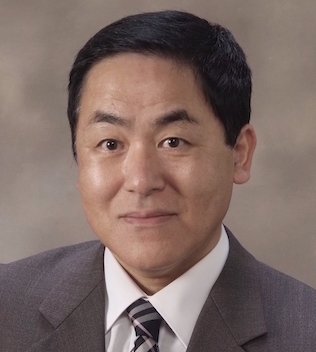
When the first heart transplantation was done in 1968 in Japan, media made huge fuss about it and confused the general public. Since then, the transplantation medicine has been oppressed by media, and not only the general public but also the whole medical societies lost the interest in it consequently. I am a neurosurgeon working in emergency more than 30 years. I happened to have experiences of 10 DCD patients during my carrier and noticed many issues about the shortage of donors. So, from the viewpoint of a neurosurgeon, I have been working for the development of organ donation by enlightening and educating the medical students, general public and emergency and transplantation societies in the lectures of nearly 300 times.
The introduction of terminal care concept in organ donation: Ineffectiveness in emergency institutes and loss of recipient awareness
Shunichi Yoshikai1.
1Neurosurgery, Kitakyushu Yugawa Hospital, Kitakyushu, Japan
Introduction: The number of deceased organ donors remains very low (PMP 1.2) in Japan. The author, a neurosurgeon with extensive experience in deceased donors, has personally advocated for organ donation for eighteen years and observed the impact of official promotions on motivating emergency doctors.
Methods: The author analyzed annual data of deceased donors and investigated the relationship between official promotion policies and the responses of emergency doctors, both positive and negative, towards donation. Also, the author has given lectures to the medical university students about the issues of organ donations and observed their responses.
Results: Since fifteen years ago, a policy introducing the concept of terminal care to organ donation has been implemented by transplantation societies and the Japan Organ Transplantation Network. This policy asserted that donation was a human right, aimed at fulfilling the wishes of donors, and provided care for the grieving families. It emphasized that donation was fundamentally for the donors themselves, not the recipients. This policy was adopted by emergency medicine societies. Although there are 900 approved institutes for organ donation in Japan, only 10-20% of them actively participated, resulting in 120-150 donors annually. The remaining 80-90% showed no interest, yielding zero donors historically. Some leaders in emergency societies mentioned their lack of awareness or reluctance to engage in donation efforts, including education of medical students. The author concluded the following points:
1. Both proponents and opponents of donation failed to recognize the existence of awaiting recipients amidst emergency treatments.
2. The policy of terminal care or human rights motivated less than 20% of them, indicating its limitations.
3. Emotional responses among medical staff arose due to the policy's focus on emotional aspects of medicine.
Conversely, the author's lectures emphasizing the professional obligation of medical staff to aid waiting recipients received positive responses, suggesting the effectiveness of a dry and professional approach in the long term.
Conclusion: Motivating emergency doctors toward organ donation in Japan proves challenging. Future promotion activities should adopt dry and professional approaches rather than emotional ones.
[1] Organ donation
[2] Emergency medicine
[3] promotion for donation
[4] enlightenment
[5] education
[6] motivation for donation
